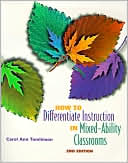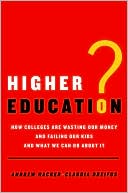China and the Knowledge Economy: Seizing the 21st Century
'China and the Knowledge Economy' was prepared by World Bank in collaboration with the Chinese government and leading academics. It argues that, in order to address the growing economic, social, and political pressures of the 21st Century, China will have to build solid foundations for a knowledge-based economy by updating the economic and institutional regime, upgrading education and learning, and building information infrastructure. China must also raise the technological level of the...
Search in google:
While China made impressive achievements in economic growth, and poverty reduction over the last quarter century, it now faces daunting, internal challenges, such as ensuring employment to millions over the coming decade, continuing to maintain high growth, increasing its international competitiveness, and reducing income, and regional inequalities. Compounding these challenges is the new knowledge, and information revolution. Thus, to prosper in this new era, China must welcome the knowledge revolution, and make effective use of knowledge in its agricultural, and industrial sectors, and especially, in developing its service industry. Additionally, it also needs to manage the transition to an environmentally, sustainable economy that better utilizes its relatively, limited natural resources. This book outlines those main challenges, and the importance of shifting from a factor-based to a knowledge-based strategy. It presents the long-term strategy for China, that integrates key knowledge-related policy components, improving relevant economic incentives, and institutions, including education, and training upgrading, to build an information structure that strengthens innovations, and research. Concrete steps are suggested for implementing this strategy, and, the book recommends a further withdrawal by Government, from hands-on management of the economy, to rather take the role of an architect for appropriate institutions, and provider of incentives to establish a new socialist, market economy.








